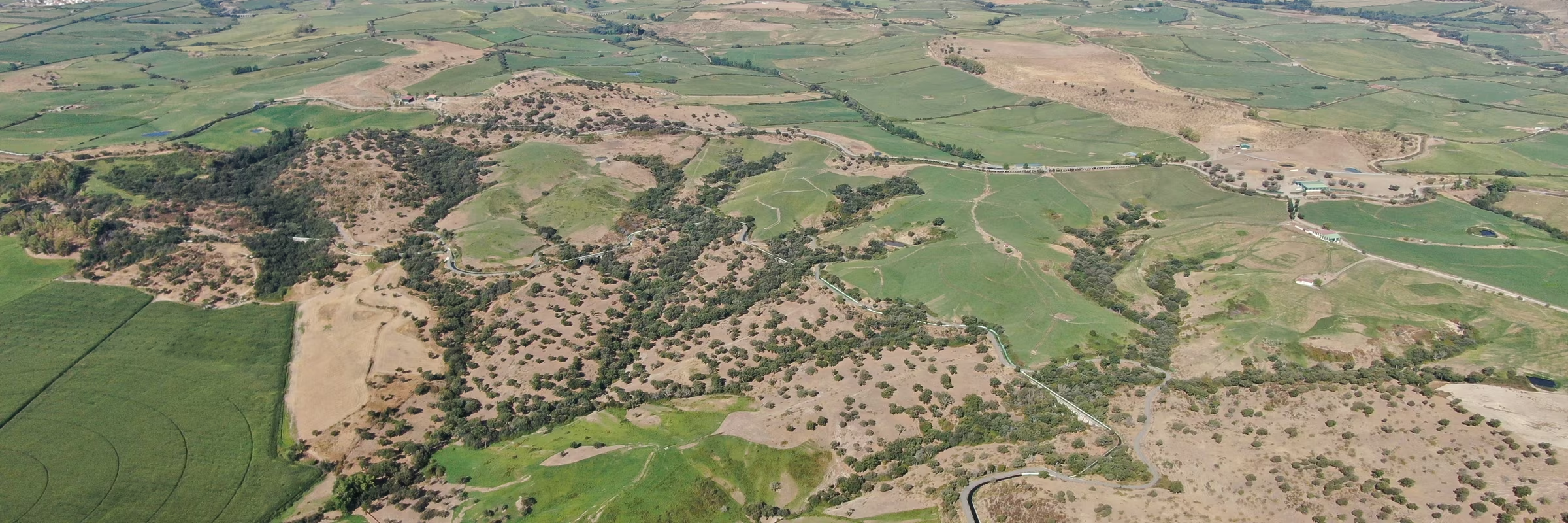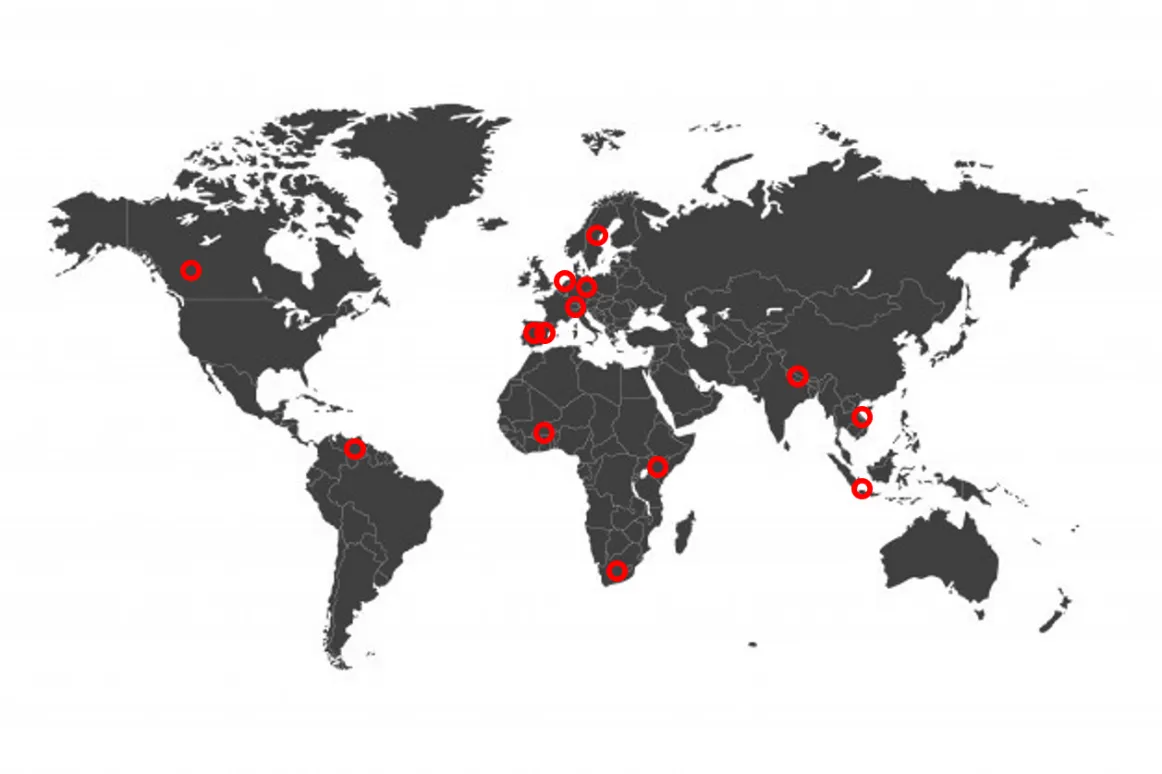
Land-use based Mitigation for Resilient Climate pathways (LANDMARC)
A EU-funded project on land-based climate change mitigation
- Home
- Land-use based Mitigation for Resilient Climate pathways (LANDMARC)
About the project
What is the realistic potential for agriculture, forestry, and other land use sectors to enhance the uptake of CO2 from the atmosphere? This question is answered by the LANDMARC research project, which officially started on the 1st of July 2020. Funded by the European Commission, the nineteen LANDMARC consortium partners are spending 2020-2024 working together to:
- Estimate the climate impact of land-based negative emission solutions, for example in agriculture, forestry, and other land-use sectors
- Assess the potential for regional and global upscaling of negative emission solutions
- Map their potential environmental, economic, and social co-benefits and trade-offs
Land-based negative emission solutions are expected to play a pivotal role in future climate actions and policy scenarios. To date, most climate actions have focused on phasing out fossil fuels and reducing greenhouse gas emissions in, for example, industry, electricity, and transport. While zero-emission trajectories in these sectors will remain a priority for decades to come, it is expected that some residual GHG emissions will remain. To be able to fulfill the Paris Agreement and meet the world’s climate goals research, policy and markets are increasingly looking at land-based negative emission solutions.
The LANDMARC project enhances our understanding in the area by providing better estimates of the realistic potential of land-based negative emission solutions in agriculture, forestry, and other land use sectors.
The research activities deploy:
- A mix of earth observation technologies, to be able to (better) monitor and estimate the effectiveness of land-based negative emission solutions.
- A suite of climate, land-use, and economic simulation models, to better estimate the true (scaling) potential of land-based negative emission solutions, both from an earth systems and human systems perspective.
- A social sciences-based approach for effective impact assessment and engagement with local and regional stakeholders - across 14 countries and 5 continents - that are already working on implementing negative emission solutions.

LANDMARC collaborations with science and society
The LANDMARC project is actively seeking collaboration with fellow research projects operating in our study countries and regions (see map). Collaborations can include:
- Exchanging / sharing earth observations data and information (e.g. satellite, remote sensing, in-situ)
- Climate change and land-use scenario development and modelling
- Assessing climate resilience and climate sensitivity of negative emission solutions
- Assessing generic and context-specific co-benefits and trade-offs of land-based mitigation solutions (environmental, societal, economic)
- Engaging with local and regional societal actors such as NGOs, local governments, forestry/agriculture cooperatives (i.e. co-hosting events)
We encourage researchers to contact us to introduce themselves, their activity or project and express their areas of interest for possible collaboration with the LANDMARC team.
LANDMARC & WOCAT
The LANDMARC project & WOCAT agreed to collaborate on:
- Data, knowledge, and information exchange on sustainable land-use practices.
- The results from the sixteen LANDMARC sustainable land-use and management case studies will be reviewed for inclusion in the WOCAT Global SLM database.
- Joint testing and further development of tools and methods on climate risk/sensitivity assessment and adaptation for planning of SLM actions.
Contact information:


Delft
University of Technology
Coordinator: Dr. Jenny Lieu; Assistant Professor, J.Lieu-1@tudelft.nl
JIN Climate & Sustainability
Co-coordinator: Eise Spijker; Senior Researcher, eise@jin.ngo
WOCAT Contact Person
 Switzerland
SwitzerlandProject Duration
2020-2024
